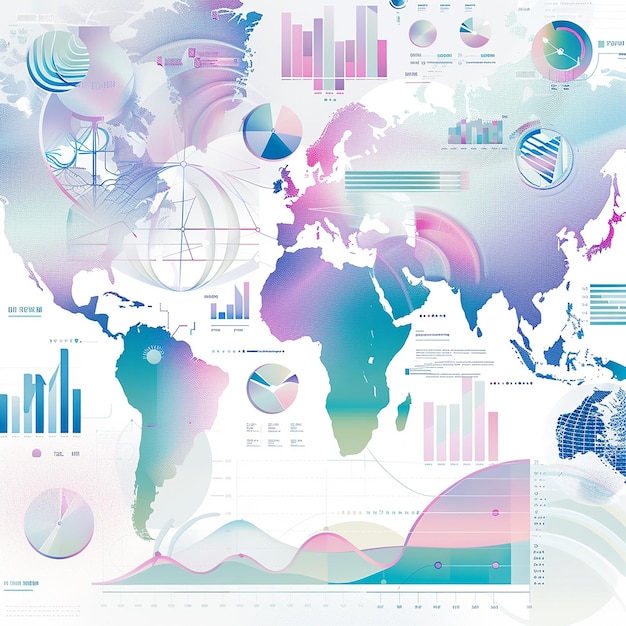
Good morning! Today, I’m excited to welcome Troy from The Financial Economist for the second time. He’ll be discussing how the economy impacts the market and your retirement savings. If you’re interested in more detailed articles on this topic, you can check out his latest posts at The Financial Economist. I also have a post over at Make Money Your Way about how to make money at parties. Enjoy!
When I asked Pauline about writing another guest post here, she suggested I focus on the factors that influence the average investor’s retirement savings. So, in this post, I’ll cover the economic and historical conditions that will affect investors in the medium term (1-5 years) and the long term (5-10 years out), along with tips on how to prepare for them.
INFLATION
Let’s talk about quantitative easing (QE) in simple terms. QE is the Federal Reserve’s way of printing money to increase liquidity in the financial system. The goal is to boost the American economy, but it’s still unclear if this strategy is working. However, QE comes with a catch: it theoretically causes inflation. Interestingly, since QE began, inflation has been nearly absent. Why?
The economy has been in a deflationary environment since the recession, meaning prices should be falling. The Fed’s money printing has balanced this out, resulting in no significant inflation. But this won’t last forever. In the next 1-2 years, inflation is likely to pick up. When it does, stocks might actually benefit. Contrary to the 1970s, when stagflation (high inflation with a weak economy) caused stocks to stagnate, today’s situation is different. I believe the current recovery is genuine, so buying stocks could prove beneficial when inflation rises.
DEVALUATION
Devaluation is closely tied to inflation. When governments print money, currencies lose value, which increases the prices of hard assets like stocks and commodities.
THE ONCE IN A LIFETIME OPPORTUNITY
Many think precious metals are a safeguard against economic downturns, but that’s a misconception. During the 2008 recession, gold and silver prices actually dropped. Their surge in the 1970s was due to inflation, not a weak economy. Today, the economy is improving, but inflation remains a concern. When inflation reappears, it will create a significant opportunity for medium-term investors holding gold and silver for at least a year.
THE FIGHT FOR RESOURCES
Besides inflation, another factor supporting rising commodity prices is the increasing scarcity of resources. As the world population grows, the demand for raw materials increases while supply diminishes, driving up prices. Technology can help, but its efficiency is ultimately limited by the available resources. If emerging market nations consume resources like Americans, shortages will accelerate, pushing prices higher.
HISTORICAL CHARTS
You might have heard that the U.S. stock market historically yields a 7.5% return. This figure is often cherry-picked from the post-war period, which was a time of unprecedented economic growth. If you include other periods, like the Great Depression, the average return is significantly lower. Sadly, such high growth rates are not sustainable without major technological advancements. While the internet has been a boon for quick fortunes, it hasn’t fueled the same level of growth as past technological revolutions.
THE SUMMARY
Let’s break it down into two time frames: the medium term (1-5 years) and the long term (5-20 years). In the medium term, the outlook is positive. Once inflation picks up due to all the money printing, stocks and commodities—especially gold and silver—are likely to soar. However, the long term isn’t as optimistic. The stock market will have bull markets, but the average rate of return might not reach 7.5% without major technological breakthroughs. Unfortunately, many of our brightest minds are focused on industries that offer quick returns but don’t contribute as significantly to long-term growth.
Thanks for reading, and I hope this helps you plan for the future!